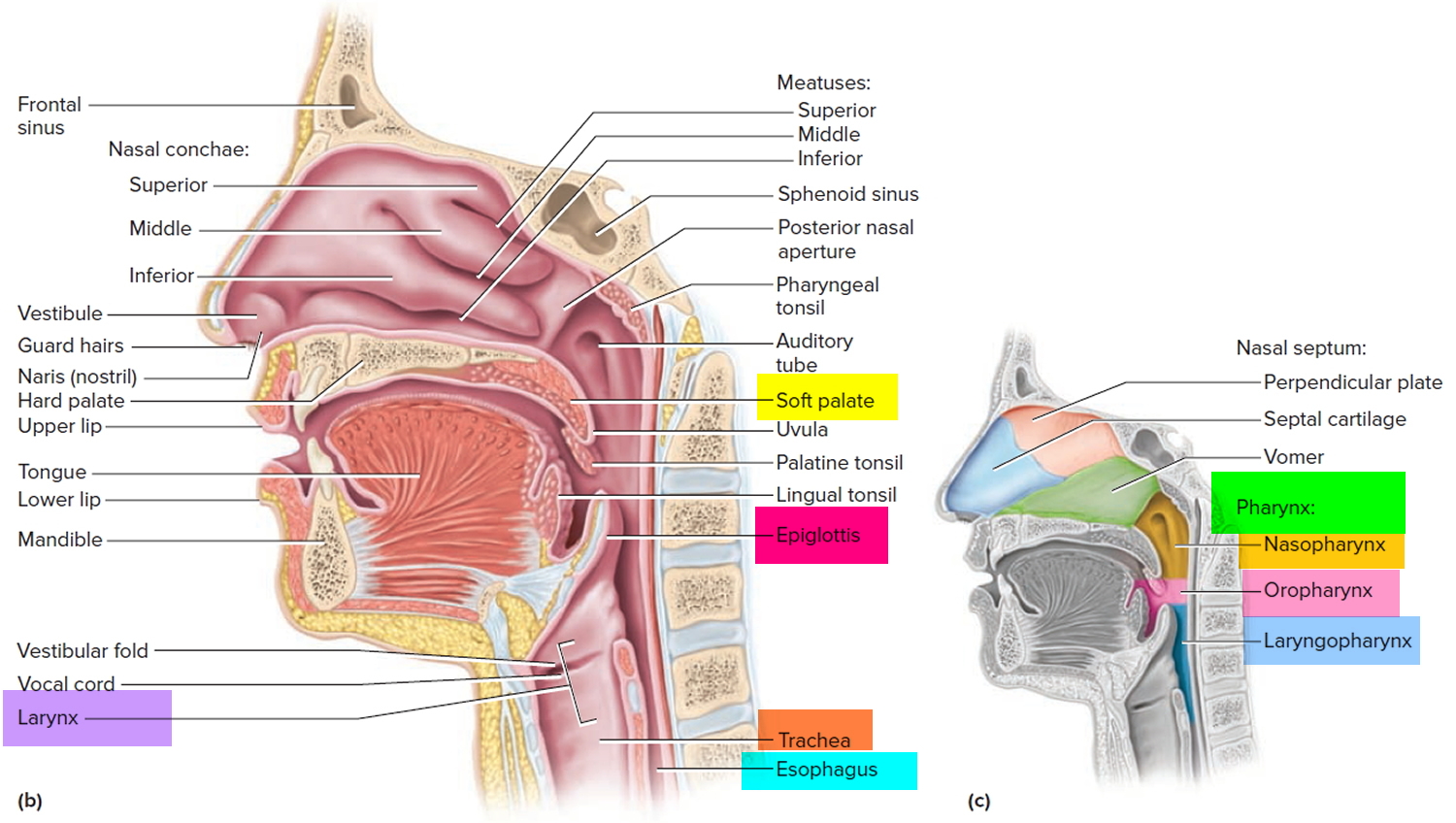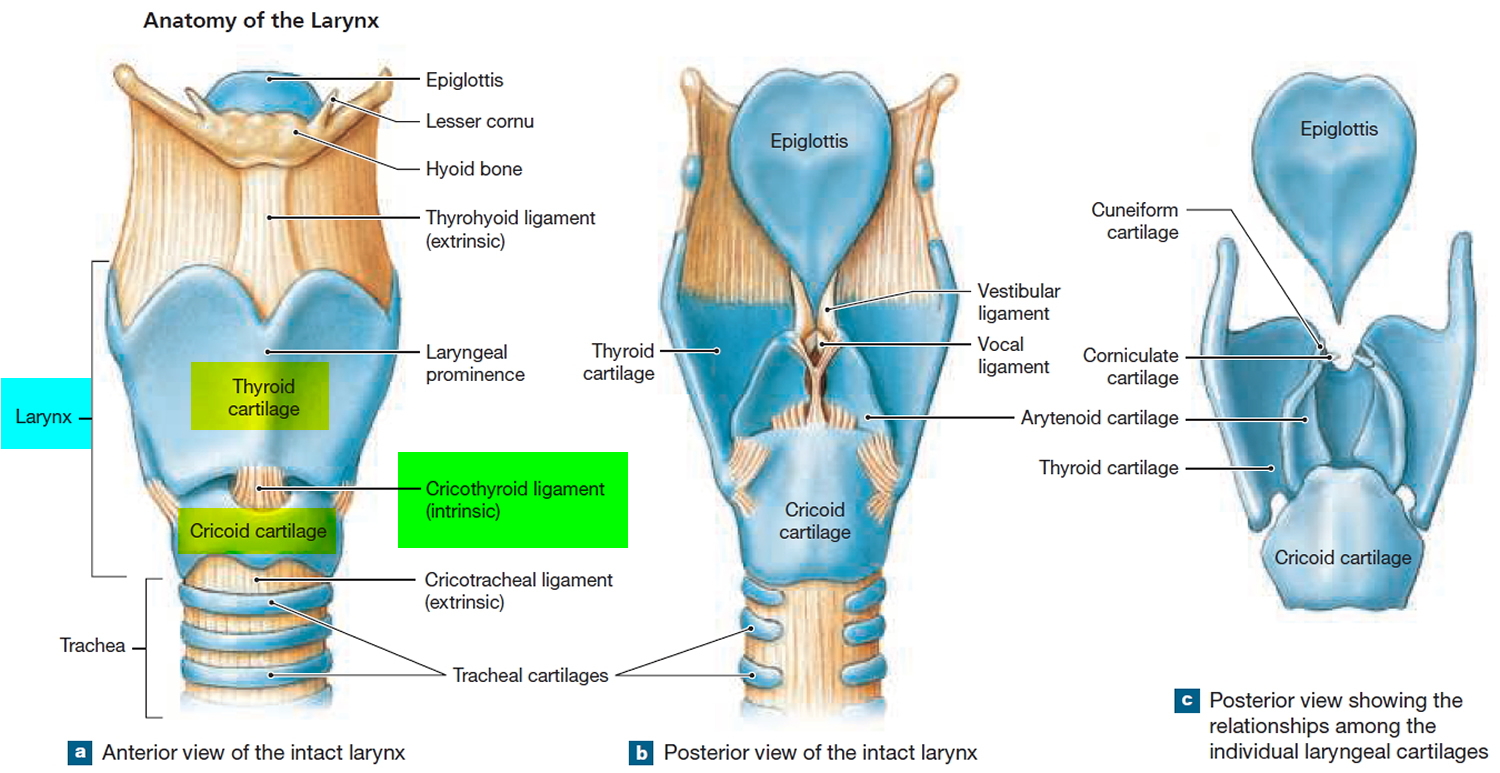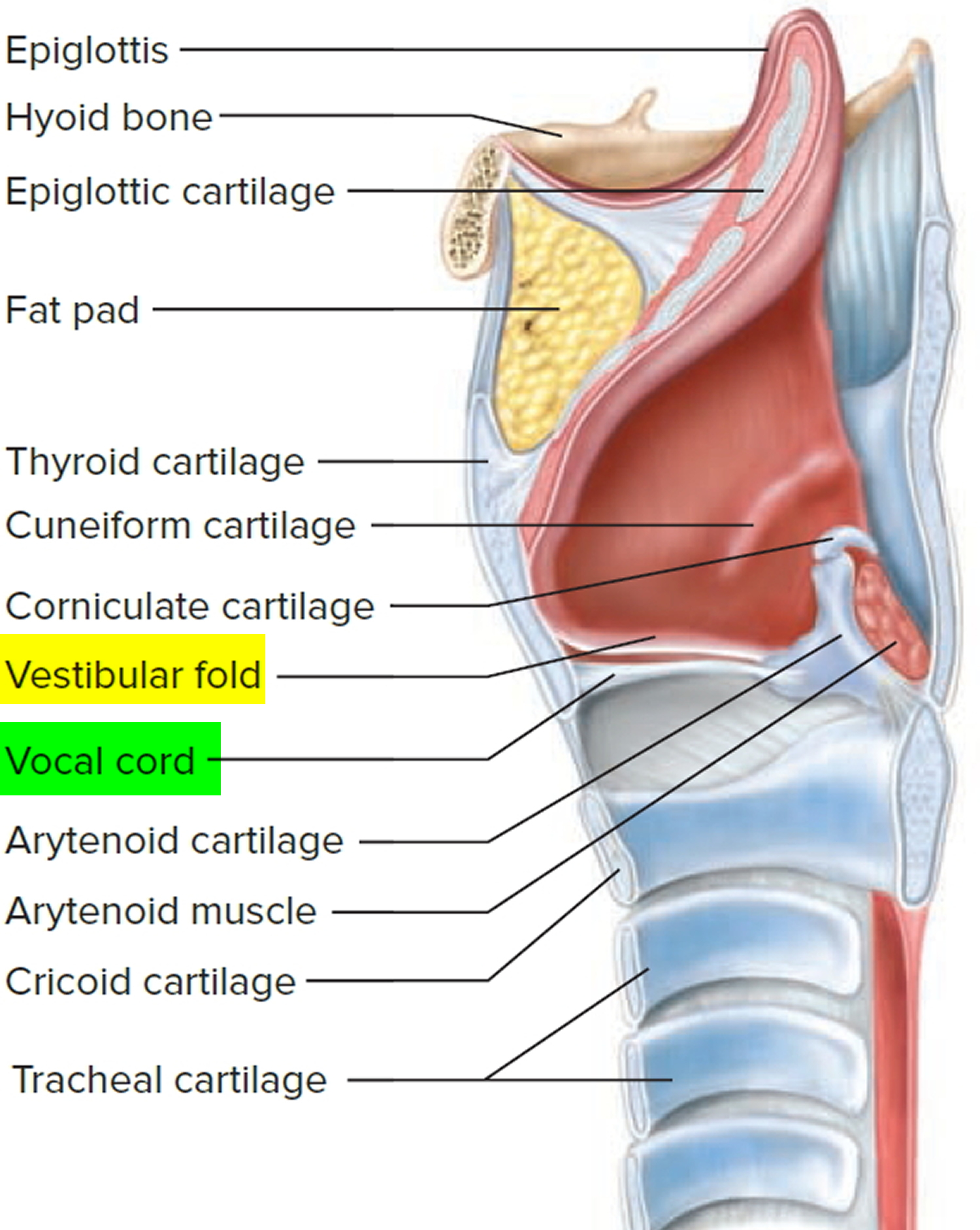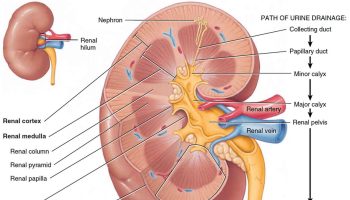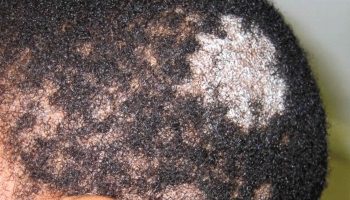Contents
What is laryngitis
Laryngitis is swelling and irritation (inflammation) of the voice box or vocal cords (larynx) from overuse, irritation or infection. The problem is most often associated with hoarseness or loss of voice. Laryngitis usually comes on suddenly and gets worse during the first 3 days. Laryngitis usually goes away by itself within 1 to 2 weeks.
Inside the larynx are your vocal cords — two folds of mucous membrane covering muscle and cartilage. Normally, your vocal cords open and close smoothly, forming sounds through their movement and vibration.
But in laryngitis, your vocal cords become inflamed or irritated. This swelling causes distortion of the sounds produced by air passing over them. As a result, your voice sounds hoarse. In some cases of laryngitis, your voice can become almost undetectable.
Laryngitis may be short-lived (acute) or long lasting (chronic). Most cases of laryngitis are triggered by a temporary viral infection or vocal strain and aren’t serious. Persistent hoarseness can sometimes signal a more serious underlying medical condition.
The main symptoms of laryngitis are:
- a hoarse (croaky) voice
- sometimes losing your voice
- an irritating cough that doesn’t go away
- always needing to clear your throat
- a sore throat
- swollen lymph nodes or glands in the neck
Children can also:
- have a high temperature of 38 °C (100.4 °F) or above
- be off their food or drink
- have difficulty breathing (but this is rare)
The most common form of laryngitis is an infection caused by a virus. It may also be caused by:
- Allergies
- Bacterial infection
- Bronchitis
- Gastroesophageal reflux disease (GERD)
- Injury
- Irritants and chemicals
Laryngitis often occurs with an upper respiratory infection, which is typically caused by a virus linked to other illnesses such as colds and flu.
- Your symptoms don’t improve after 2 weeks
- Have trouble breathing
- Cough up blood
- Have a fever that won’t go away
- Have increasing pain
- Have trouble swallowing
- You keep getting laryngitis or voice problems
Get an urgent doctor appointment if your child has difficulty breathing.
- Makes noisy, high-pitched breathing sounds when inhaling (stridor)
- Drools more than usual
- Has trouble swallowing
- Has difficulty breathing
- Has a fever higher than 103 °F (39.4 °C)
These signs and symptoms may indicate croup — inflammation of the larynx and the airway just beneath it. Although croup can usually be treated at home, severe symptoms require medical attention. These symptoms also can indicate epiglottitis, an inflammation of the tissue that acts as a lid to cover the windpipe (trachea), which can be life-threatening for children and adults.
Croup is breathing difficulty and a “barking” cough. Croup is due to swelling around the vocal cords. It is common in infants and children.
Epiglottitis is inflammation of the epiglottis. This is the tissue that covers the trachea (windpipe). Epiglottitis is a life-threatening disease.
The Larynx
The larynx is the upper end of the lower airway. It is continuous with the trachea below and the pharynx posterosuperiorly.
The larynx is a cartilaginous chamber about 4 cm (1.5 in.) long. Its primary function is to keep food and drink out of the airway, but it evolved the additional role of sound production (phonation) in many animals; hence, we colloquially think of it as the “voice box.”
How Your Voice Works
Open up your mouth and say something. Anything. Answer the question: “What’s your favorite flavor of ice cream?”
At the top of your windpipe — also called your trachea — is your larynx or voice box. It’s the source of your voice. Inside your larynx are two bands of muscles called vocal cords, or vocal folds. When you breathe, your vocal cords are relaxed and open so that you can get air into and out of your lungs.
But when you decide to say something, these cords come together. Now the air from your lungs has to pass through a smaller space. This causes your vocal cords to vibrate. The sound from these vibrations goes up your throat and comes out your mouth as “Chocolate is the best flavor!”
You can make different sounds by lengthening or shortening, or tensing or relaxing, the vocal cords. Although you don’t even think about it, every time you want to talk with a deeper voice you lengthen and relax these vocal muscles. When you talk with a higher pitched voice, you tighten the vocal cords and make them smaller. You can try this right now. Make your voice go from deep to high pitch and back again. Do you feel the vibrations along your throat coming from your vocal cords?
Figure 1. Larynx and pharynx anatomy
Figure 2. Larynx anatomy
Laryngitis causes
Laryngitis usually happens when you have an infection from a virus, for example cold or flu. A flu vaccination will prevent you getting flu.
Other things that cause laryngitis include:
- allergies to things like dust and fumes
- acid from your stomach coming up your throat (acid reflux)
- coughing over a long time
- clearing your throat all the time
Acute laryngitis
Most cases of laryngitis are temporary and improve after the underlying cause gets better. Causes of acute laryngitis include:
- Viral infections similar to those that cause a cold
- Vocal strain, caused by yelling or overusing your voice
- Bacterial infections, such as diphtheria, although this is rare, in large part due to increasing rates of vaccination
Chronic laryngitis
Laryngitis that lasts longer than three weeks is known as chronic laryngitis. This type of laryngitis is generally caused by exposure to irritants over time. Chronic laryngitis can cause vocal cord strain and injuries or growths on the vocal cords (polyps or nodules). These injuries can be caused by:
- Inhaled irritants, such as chemical fumes, allergens or smoke
- Acid reflux, also called gastroesophageal reflux disease (GERD)
- Chronic sinusitis
- Excessive alcohol use
- Habitual overuse of your voice (such as with singers or cheerleaders)
- Smoking
Less common causes of chronic laryngitis include:
- Bacterial or fungal infections
- Infections with certain parasites
Other causes of chronic hoarseness include:
- Cancer
- Vocal cord paralysis, which can result from injury, stroke, a lung tumor or other health conditions
- Bowing of the vocal cords in old age
Risk factors for laryngitis
Risk factors for laryngitis include:
- Having a respiratory infection, such as a cold, bronchitis or sinusitis
- Exposure to irritating substances, such as cigarette smoke, excessive alcohol intake, stomach acid or workplace chemicals
- Overusing your voice, by speaking too much, speaking too loudly, shouting or singing
Laryngitis prevention
To prevent dryness or irritation to your vocal cords:
- Don’t smoke, and avoid secondhand smoke. Smoke dries your throat and irritates your vocal cords.
- Limit alcohol and caffeine. These cause you to lose total body water.
- Drink plenty of water. Fluids help keep the mucus in your throat thin and easy to clear.
- Avoid eating spicy foods. Spicy foods can cause stomach acid to move into the throat or esophagus, causing heartburn or gastroesophageal reflux disease (GERD).
- Include whole grains, fruits and vegetables in your diet. These foods contain vitamins A, E and C, and help keep the mucus membranes that line the throat healthy.
- Avoid clearing your throat. This does more harm than good, because it causes an abnormal vibration of your vocal cords and can increase swelling. Clearing your throat also causes your throat to secrete more mucus and feel more irritated, making you want to clear your throat again.
- Avoid upper respiratory infections. Wash your hands often, and avoid contact with people who have upper respiratory infections such as colds.
Laryngitis symptoms
In most cases laryngitis symptoms last less than a couple of weeks and are caused by something minor, such as a virus. Less often, laryngitis symptoms are caused by something more serious or long lasting. Laryngitis signs and symptoms can include:
- Hoarseness
- Weak voice or voice loss
- Tickling sensation and rawness of your throat
- Sore throat
- Dry throat
- Dry cough
Laryngitis diagnosis
Your doctor will try to work out what has caused your laryngitis.
They may:
- look inside your throat using a small mirror
- wipe a cotton bud around the back of your throat for testing
- arrange a blood test
- refer you to an ear, throat and nose specialist (if you keep getting laryngitis)
These techniques sometimes are used to help diagnose laryngitis:
- Laryngoscopy. Your doctor can visually examine your vocal cords in a procedure called laryngoscopy, by using a light and a tiny mirror to look into the back of your throat. Or your doctor may use fiber-optic laryngoscopy. This involves inserting a thin, flexible tube (endoscope) with a tiny camera and light through your nose or mouth and into the back of your throat. Then your doctor can watch the motion of your vocal cords as you speak.
- Biopsy. If your doctor sees a suspicious area, he or she may do a biopsy — taking a sample of tissue for examination under a microscope.
If your laryngitis is caused by an infection, your doctor might prescribe antibiotics.
Laryngitis treatment
Acute laryngitis often gets better on its own within a week or so. Self-care measures also can help improve symptoms.
Chronic laryngitis treatments are aimed at treating the underlying causes, such as heartburn, smoking or excessive use of alcohol.
Medications used in some cases include:
- Antibiotics. In almost all cases of laryngitis, an antibiotic won’t do any good because the cause is usually viral. But if you have a bacterial infection, your doctor may recommend an antibiotic.
- Corticosteroids. Sometimes, corticosteroids can help reduce vocal cord inflammation. However, this treatment is used only when there’s an urgent need to treat laryngitis — for example, when you need to use your voice to sing or give a speech or oral presentation, or in some cases when a toddler has laryngitis associated with croup.
Laryngitis home remedies
Laryngitis usually goes away on its own after 1 to 2 weeks and you don’t need to see your doctor.
DO
- try to speak as little as possible
- drink plenty of fluids
- moisten your throat. Try sucking on lozenges, gargling with salt water or chewing a piece of gum.
- keep the air moist by putting out bowls of water or using a humidifier – central heating and air conditioning make the air dry
- gargle with warm salty water (children shouldn’t try this)
How to gargle with salty water
- Dissolve half a teaspoon of salt in a glass of warm water – warm water helps salt dissolve.
- Gargle with the solution then spit it out – don’t swallow it.
- Repeat as often as you like.
This isn’t suitable for younger children.
Speak to a pharmacist about your sore throat. They can give advice and suggest treatments, including:
- paracetamol or ibuprofen
- cough syrup to help with your cough
- solutions to gargle or lozenges for the pain
DON’T
- talk loudly or whisper – both strain your voice
- smoke
- spend time in smoky or dusty places
- avoid decongestants. These medications can dry out your throat.
- drink too much caffeine or alcohol – they cause dehydration

